What is Income Tax Deduction under Chapter VI A of Income Tax Act?
- Income Tax Deduction under Chapter VIA of Income Tax Act refers to a reduction in the taxable income of an individual resulting in a lower tax liability.
- Various deductions under different sections of the Indian Income Tax Act can be claimed by individuals while calculating their taxable income.
| Section | Description | Eligibility | Maximum Deduction |
|---|---|---|---|
| 80C | Investments and expenses including PPF, EPF, ELSS, NSC, SCSS, SSY, Tax-saving FDs, NPS, Life Insurance, Tuition Fee, Stamp Duty, Principal on housing loan Etc. | Individual or HUF | Up to Rs 1,50,000 per annum |
| 80CCC | Contributions to Pension Funds | Individual | Within the overall limit of Section 80C |
| 80CCD (1) | Contributions to Pension scheme of Central Govt./ (NPS)/Atal Pension Yojna Employee Contribution | Individual or HUF | (for employees) Contribution or 10% of salary or actual contribution, whichever is less or (For Self Employed) 20% of Gross Total Income or Actual cont., whichever is less Within the overall limit of Section 80C |
| 80CCD(1B) | Additional contributions to NPS | Individual | Up to Rs 50,000 over and above the limit of Section 80CCD |
| 80CCD(2) (Available for New Tax Regime Also) | Employer’s contribution to NPS | Individual | Contribution or 10% of salary or actual contribution, whichever is less 14% where such cont. is made by central or state government |
| 80D | Medical Insurance Premium | Individual or HUF | Up to Rs 25,000 (Rs 50,000 for senior citizens) for self, spouse, and dependent children; additional Rs 25,000 for parents (Rs 50,000 if parents are senior citizens) |
| 80DD | Medical Expenditure for Handicapped Dependent | Resident Individual with a dependent with a disability | Up to Rs 75,000 (Rs 1,25,000 for severe disability) |
| 80DDB | Medical Treatment for Specified Diseases | Individual or HUF | Actual amount spent or Rs 40,000 (Rs 1,00,000 for senior citizens) whichever is less for specified diseases |
| 80E | Interest on Education Loan | Individual | Actual Interest Paid (upto 8 years or year of full payment of load, whichever is earlier) |
| 80EE | Interest on Loan taken for Residential House Property (available with conditions like loan should be taken in FY 2016-17) | Individual | Up to Rs 50,000 |
| 80EEA | Additional Interest paid on Loan taken for Residential House Property (available with conditions like loan sanction in 2019 to 2022) | Individual | Up to Rs 1,50,000 |
| 80EEB | Interest paid on Loan taken for Electric Vehicle | Individual | Up to Rs 1,50,000 |
| 80G | Donations to certain funds, charitable institutions, etc. | Individual or Company | 100% or 50% of the donated amount, depending on the recipient |
| 80GG | Rent Paid when HRA is not Received | Individual | Least of Rs 5000 per month, 25% of total income or Rent Paid minus 10% of total income |
| 80GGA | Donations for Scientific Research or Rural Development | Individual | 100% of the donated amount |
| 80GGB | Contribution to political party | Company | 100% Deduction available for the amount contributed |
| 80GGC | Contributions to political parties | Any Person | 100% Deduction available for the amount contributed |
| 80IA | Profits and gains from Industrial Undertakings or Enterprises engaged in infrastructure development, etc. | Assessee engaged in specified businesses | 100% of profits for initial 5 years and 25% thereafter |
| 80-IAB | Deduction in respect of profits and gains by an undertaking or enterprise engaged in development of SEZ | Developer of SEZ | 100% of profits for initial 5 years and 50% thereafter |
| 80-IAC | Deduction in respect of profits and gains by an eligible start-up | Eligible Start-up | 100% of profits for 3 consecutive assessment years out of 7 years |
| 80-IB | Profits and gains from certain industrial undertakings other than infrastructure development undertakings | Assessee engaged in specified businesses | 100% of profits for initial 5 years and 25% thereafter |
| 80-IBA | Profits and gains from housing projects | Assessee engaged in the business of developing and building housing projects | 100% of profits for 1 year |
| 80-IC | Profits and gains of an undertaking or enterprise in the North-Eastern States | Assessee engaged in specified businesses | 100% of profits for initial 10 years |
| 80-ID | Deduction in respect of profits and gains from business of hotels and convention centres in specified area | Assessee engaged in the business of hotels and convention centres | 100% of profits for initial 5 years and 25% thereafter |
| 80JJA | Profits and gains from business of collecting and processing of biodegradable waste | Assessee engaged in specified business | 100% of profits for initial 5 years and 25% thereafter |
| 80JJAA | Employment Generation | Assessee engaged in specified business | 30% of additional employee cost for 3 years |
| Section | Description | Maximum Deduction | Eligibility |
|---|---|---|---|
| 80TTA | Deduction in respect of interest on deposits in Savings Account | Up to Rs. 10,000 | Individuals and HUFs (except senior citizens) |
| 80TTB | Deduction in respect of interest from deposits held by Senior Citizens | Up to Rs. 50,000 | Senior citizens (aged 60 years or more) |
| 80U | Income Tax Deduction for Disabled Individuals | Rs. 75,000 (disability of 40% or more) | Resident individuals with certified disability |
| Rs. 1,25,000 (disability of 80% or more) |
| Section | Description | Maximum Deduction | Eligibility |
|---|---|---|---|
| 80RRB | Income Tax Deduction for Royalty on Patents | Lower of 100% of royalty income or Rs. 3,00,000 | Residents of India who are individual patentees |
| 80QQB | Income Tax Deductions for Royalty Income of Authors | For lump sum payments: Total royalty income up to Rs. 3,00,000 For other cases: Total income up to a maximum of 15% of the value of books sold during the previous year | Authors, including joint authors, who are residents of India |
Watch this video for easy understanding:
Section 80C:
- Description: This section allows for deductions on investments made in various instruments such as EPF, PPF, NSC, ELSS, etc.
- Maximum Deduction: Up to Rs. 1.5 lakh.
- Eligibility: Available to individuals and HUFs.
- Example: If you invest Rs. 1.5 lakh in PPF, you can claim the entire amount as a deduction under Section 80C.
Investments that Qualify for Deductions under Section 80C:
| Investment Options | Description |
|---|---|
| Public Provident Fund (PPF) | Long-term investment with tax-free interest |
| Employee Provident Fund (EPF) | Mandatory contribution for salaried employees |
| Equity Linked Savings Scheme (ELSS) | Mutual fund investments in equity markets |
| National Savings Certificate (NSC) | Government savings bond with fixed interest rates |
| Senior Citizens Savings Scheme (SCSS) | Savings scheme for senior citizens |
| Sukanya Samriddhi Yojana (SSY) | Savings scheme for the girl child |
| Tax-saving Fixed Deposits (FD) | Fixed deposits with a lock-in period |
| National Pension Scheme (NPS) | Pension scheme for retirement planning |
| Life Insurance Premiums | Premiums paid towards life insurance policies |
| Tuition Fees for Children’s Education | Fees paid for full-time education in India |
Expenses that Qualify for Tax Deductions under Section 80C:
| Expenses | Description |
|---|---|
| Payment of Home Loan Principal | Repayment of the principal amount of a home loan |
| Stamp Duty and Registration Charges | Charges incurred for property registration |
| Tuition Fees for Full-Time Education | Fees paid for children’s education in India |
| Repayment of Principal Amount of Housing | Repayment of the principal amount of a housing loan |
Click here to read 80C in detail
Section 80CCC:
- Description: Deductions for contributions to certain pension funds.
- Maximum Deduction: Up to Rs. 1.5 lakh (combined with Section 80C).
- Eligibility: Available to individuals.
Section 80CCD:
- Description: Deductions for contributions to the National Pension System (NPS).
- Maximum Deduction: Up to 10% of salary (for employees) or 20% of gross total income (for self-employed), subject to a maximum of Rs. 1.5 lakh (combined with Section 80C).
- Eligibility: Available to individuals.
New Deduction 80CCH:
(Available for New Tax Regime Also)
Deduction in respect of contribution to Agnipath Scheme.
80CCH. (1) Where an assessee, being an individual enrolled in the Agnipath Scheme and subscribing to the Agniveer Corpus Fund on or after the 1st day of November, 2022, has in the previous year paid or deposited any amount in his account in the said Fund, he shall be allowed a deduction in the computation of his total income, of the whole of the amount so paid or deposited.
(2) Where the Central Government makes any contribution to the account of an assessee in the Agniveer Corpus Fund referred to in sub-section (1), the assessee shall be allowed a deduction in the computation of his total income of the whole of the amount so contributed.
Explanation.—For the purposes of this section,––
(a) “Agnipath Scheme” means the scheme for enrolment in Indian Armed Forces introduced vide letter No.1(23)2022/D(Pay/Services), dated the 29th December, 2022 of the Government of India in the Ministry of Defence;
(b) “Agniveer Corpus Fund” means a fund in which consolidated contributions of all the Agniveers and matching contributions of the Central Government along with interest on both these contributions are held.]
Section 80D:
- Description: Provides deductions for medical insurance premiums and preventive health checkups.
- Maximum Deduction: Up to Rs.25000 for individuals having age upto 60 years and, Rs. 50,000 for senior citizens.
- Eligibility: Available to individuals and HUFs.
- Example: If you pay Rs. 20,000 as medical insurance premium for yourself, you can claim the same amount as a deduction under Section 80D.
Click here to read 80D in detail
Click here to Read 80 CCD in Detail
Section 80DDB:
- Description: Deductions for medical treatment of specified diseases for self or dependents.
- Maximum Deduction: Up to Rs. 40,000 (Rs. 1 lakh for senior citizens) for treatment of specified diseases.
- Eligibility: Available to individuals and HUFs.
Click here to read 80DDB in detail
Section 80E:
- Description: Allows deductions on interest paid on higher education loans.
- Maximum Deduction: No limit.
- Eligibility: Available to individuals.
- Example: If you pay Rs. 50,000 as interest on a higher education loan, you can claim the entire amount as a deduction under Section 80E.
(2) The deduction specified in sub-section (1) shall be allowed in computing the total income in respect of the initial assessment year and 7 assessment years immediately succeeding the initial assessment year or until the interest referred to in sub-section (1) is paid by the assessee in full, whichever is earlier.
(3) For the purposes of this section,—
(a) “approved charitable institution” means an institution specified in, or, as the case may be, an institution established for charitable purposes and approved by the prescribed authority under clause (23C) of section 10 or an institution referred to in clause (a) of sub-section (2) of section 80G;
(b) “financial institution” means a banking company to which the Banking Regulation Act, 1949 (10 of 1949) applies (including any bank or banking institution referred to in section 51 of that Act); or any other financial institution which the Central Government may, by notification in the Official Gazette, specify in this behalf;
(c) “higher education” means any course of study pursued after passing the Senior Secondary Examination or its equivalent from any school, board or university recognised by the Central Government or State Government or local authority or by any other authority authorised by the Central Government or State Government or local authority to do so;
(d) “initial assessment year” means the assessment year relevant to the previous year, in which the assessee starts paying the interest on the loan;
(e) “relative”, in relation to an individual, means the spouse and children of that individual or the student for whom the individual is the legal guardian.
Click here to read 80E in detail
Section 80EE:
Deduction in respect of interest on loan taken for residential house property.
80EE. (1) In computing the total income of an assessee, being an individual, there shall be deducted, in accordance with and subject to the provisions of this section, interest payable on loan taken by him from any financial institution for the purpose of acquisition of a residential property.
(2) The deduction under sub-section (1) shall not exceed fifty thousand rupees and shall be allowed in computing the total income of the individual for the assessment year beginning on the 1st day of April, 2017 and subsequent assessment years.
(3) The deduction under sub-section (1) shall be subject to the following conditions, namely:—
(i) the loan has been sanctioned by the financial institution during the period beginning on the 1st day of April, 2016 and ending on the 31st day of March, 2017 (FY 2016-17)
(ii) the amount of loan sanctioned for acquisition of the residential house property does not exceed thirty-five lakh rupees;
(iii) the value of residential house property does not exceed fifty lakh rupees;
(iv) the assessee does not own any residential house property on the date of sanction of loan.
(4) Where a deduction under this section is allowed for any interest referred to in sub-section (1), deduction shall not be allowed in respect of such interest under any other provision of this Act for the same or any other assessment year.
(5) For the purposes of this section,—
(a) “financial institution” means a banking company to which the Banking Regulation Act, 1949 (10 of 1949) applies, or any bank or banking institution referred to in section 51 of that Act or a housing finance company;
(b) “housing finance company” means a public company formed or registered in India with the main object of carrying on the business of providing long-term finance for construction or purchase of houses in India for residential purposes.
Section 80EEA:
Deduction in respect of interest on loan taken for certain house property.
80EEA. (1) In computing the total income of an assessee, being an individual not eligible to claim deduction under section 80EE, there shall be deducted, in accordance with and subject to the provisions of this section, interest payable on loan taken by him from any financial institution for the purpose of acquisition of a residential house property.
(2) The deduction under sub-section (1) shall not exceed one lakh and fifty thousand rupees and shall be allowed in computing the total income of the individual for the assessment year beginning on the 1st day of April, 2020 and subsequent assessment years.
(3) The deduction under sub-section (1) shall be subject to the following conditions, namely:—
(i) the loan has been sanctioned by the financial institution during the period beginning on the 1st day of April, 2019 and ending on the 31st day of March, 64[2022];
(ii) the stamp duty value of residential house property does not exceed forty-five lakh rupees;
(iii) the assessee does not own any residential house property on the date of sanction of loan.
(4) Where a deduction under this section is allowed for any interest referred to in sub-section (1), deduction shall not be allowed in respect of such interest under any other provision of this Act for the same or any other assessment year.
(5) For the purposes of this section,—
(a) the expression “financial institution” shall have the meaning assigned to it in clause (a) of sub-section (5) of section 80EE;
(b) the expression “stamp duty value” means value adopted or assessed or assessable by any authority of the Central Government or a State Government for the purpose of payment of stamp duty in respect of an immovable property.
Section 80EEB:
Deduction in respect of purchase of electric vehicle.
80EEB. (1) In computing the total income of an assessee, being an individual, there shall be deducted, in accordance with and subject to the provisions of this section, interest payable on loan taken by him from any financial institution for the purpose of purchase of an electric vehicle.
(2) The deduction under sub-section (1) shall not exceed one lakh and fifty thousand rupees and shall be allowed in computing the total income of the individual for the assessment year beginning on the 1st day of April, 2020 and subsequent assessment years.
(3) The deduction under sub-section (1) shall be subject to the condition that the loan has been sanctioned by the financial institution during the period beginning on the 1st day of April, 2019 and ending on the 31st day of March, 2023.
(4) Where a deduction under this section is allowed for any interest referred to in sub-section (1), deduction shall not be allowed in respect of such interest under any other provision of this Act for the same or any other assessment year.
(5) For the purposes of this section,—
(a) “electric vehicle” means a vehicle which is powered exclusively by an electric motor whose traction energy is supplied exclusively by traction battery installed in the vehicle and has such electric regenerative braking system, which during braking provides for the conversion of vehicle kinetic energy into electrical energy;
(b) “financial institution” means a banking company to which the Banking Regulation Act, 1949 (10 of 1949) applies, or any bank or banking institution referred to in section 51 of that Act and includes any deposit taking non-banking financial company or a systemically important non-deposit taking non-banking financial company as defined in clauses (e) and(g) of Explanation 4 to section 43B.
Click here to read 80EEB in detail
Section 80G:
- Description: Provides deductions for donations made to specified funds and charitable institutions.
- Maximum Deduction: Varies based on the type of donation.
- Eligibility: Available to all types of taxpayers.
- Example: If you donate Rs. 10,000 to a charitable institution, you can claim the same amount as a deduction under Section 80G.
Click here to read 80G in detail
Section 80GG:
Income Tax Deduction for House Rent Paid This deduction applies to individuals who don’t receive HRA (House Rent Allowance) but pay rent for accommodation. The admissible deduction is the least of the following:
- Rs. 5,000 per month
- 25% of the adjusted total income
- Rent paid minus 10% of adjusted total income
Adjusted Total Income = total income excluding short-term capital gains, long-term capital gains, income under section 115A, and deductions under sections 80C to 80U.
Click here to read 80GG in detail:
Section 80GGA
Income Tax Deduction for Donation towards Scientific Research & Rural Development This deduction is available to all assesses except those with income from business or profession. It applies to donations made towards scientific research or rural development. The entire donated amount qualifies for deduction under this section, with no upper limit. Cash donations exceeding Rs. 10,000 are not eligible for deduction.
Section 80GGB
Income Tax Deduction for Donation to Political Parties (Companies) Indian companies can claim a deduction for donations made to any political party or electoral trust under this section. However, no deduction is permitted for cash contributions.
Section 80GGC
Income Tax Deduction in respect of contributions given by any person to Political Parties Individuals, Hindu Undivided Families (HUFs), Association of Persons (AOPs), Body of Individuals (BOIs), and firms can claim a deduction under this section for contributions made to political parties or electoral trusts. The entire amount contributed qualifies for deduction, but no deduction is allowed for cash contributions.
Click here to read 80GGC
Section 80RRB
Income Tax Deduction for Royalty on Patents Residents of India who are individual patentees can claim a deduction under this section for royalty income from patents registered after April 1, 2003. The deduction is the lower of 100% of the royalty income or Rs. 3,00,000.
Click here to read 80RRB in detail
Section 80QQB
Income Tax Deductions for Royalty Income of Authors Authors, including joint authors, who are residents of India can claim a deduction under this section. For lump sum payments, the deduction is the total royalty income, up to a maximum of Rs. 3,00,000. For other cases, the deduction is the total income, up to a maximum of 15% of the value of books sold during the previous year.
Section 80TTA:
Deduction in respect of interest on deposits in Savings Account Under this section, individuals and HUFs (except senior citizens) can claim a deduction of up to Rs. 10,000 for interest earned on savings account deposits.
Click here to read 80TTA in detail
Section 80TTB:
Deduction in respect of interest from deposits held by Senior Citizens Senior citizens (aged 60 years or more) can claim a deduction of up to Rs. 50,000 for interest income from deposits held with banks, cooperative banks, or post offices.
Click here to read 80TTB in detail
Section 80U
Income Tax Deduction for Disabled Individuals Resident individuals certified as having a disability of 40% or more can claim a deduction of Rs. 75,000. If the disability is severe (80% or more), the deduction is Rs. 1,25,000. This deduction is fixed and not based on actual expenses.
Click here to read 80U in detail
Section 80IA to 80-IE:
- Description: Deductions for profits and gains from specified businesses or industries such as infrastructure, industrial parks, etc.
- Maximum Deduction: Varies depending on the type of business and the location.
- Eligibility: Available to businesses meeting specified criteria.
Visit www.cagurujiclasses.com for practical courses


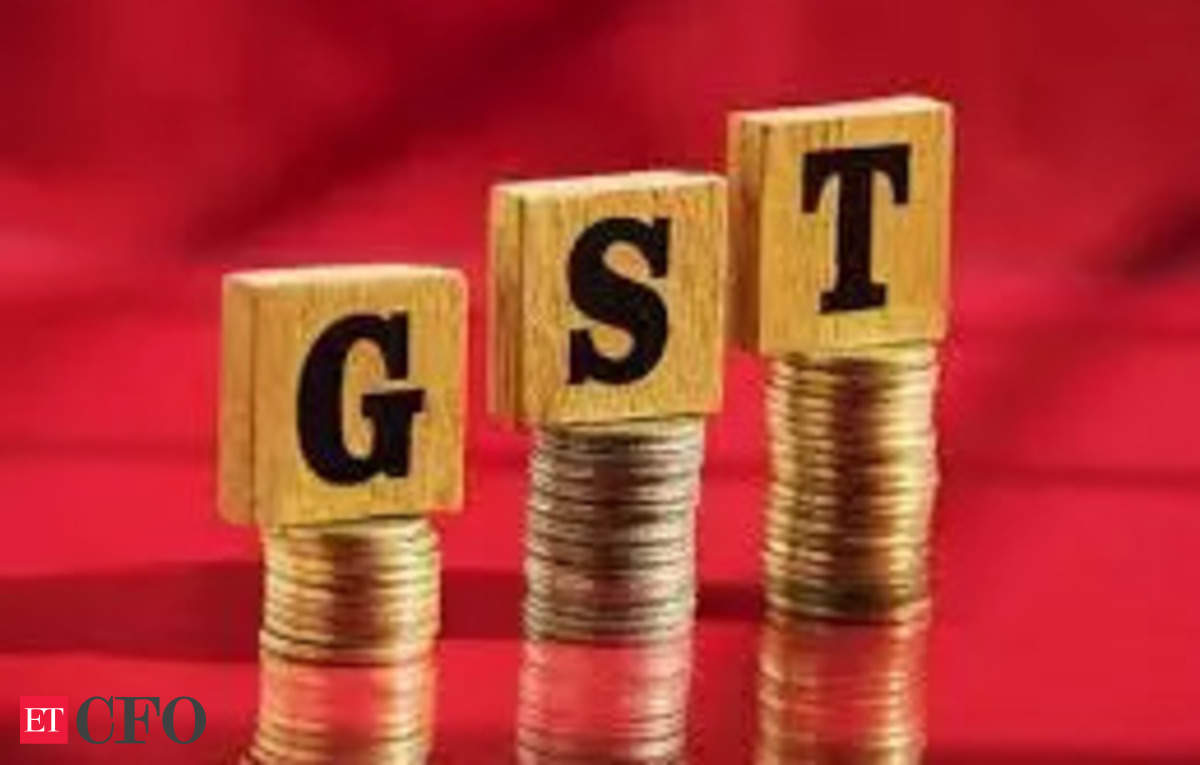
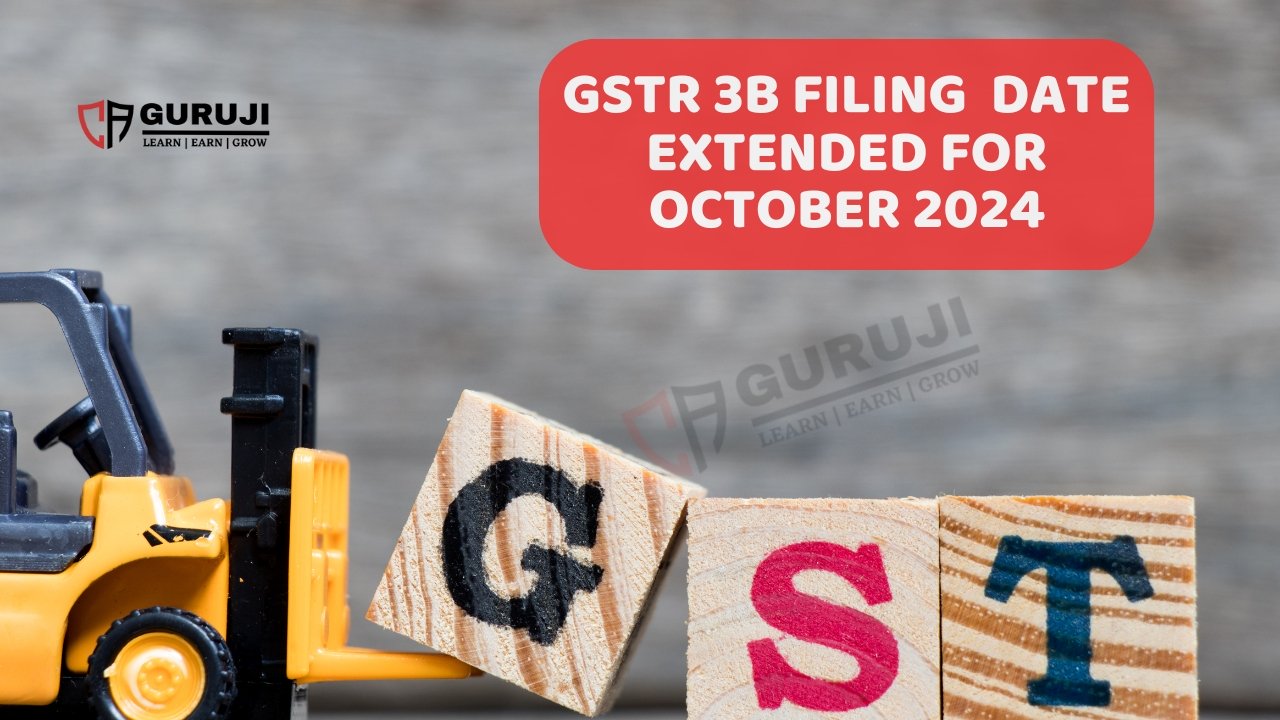
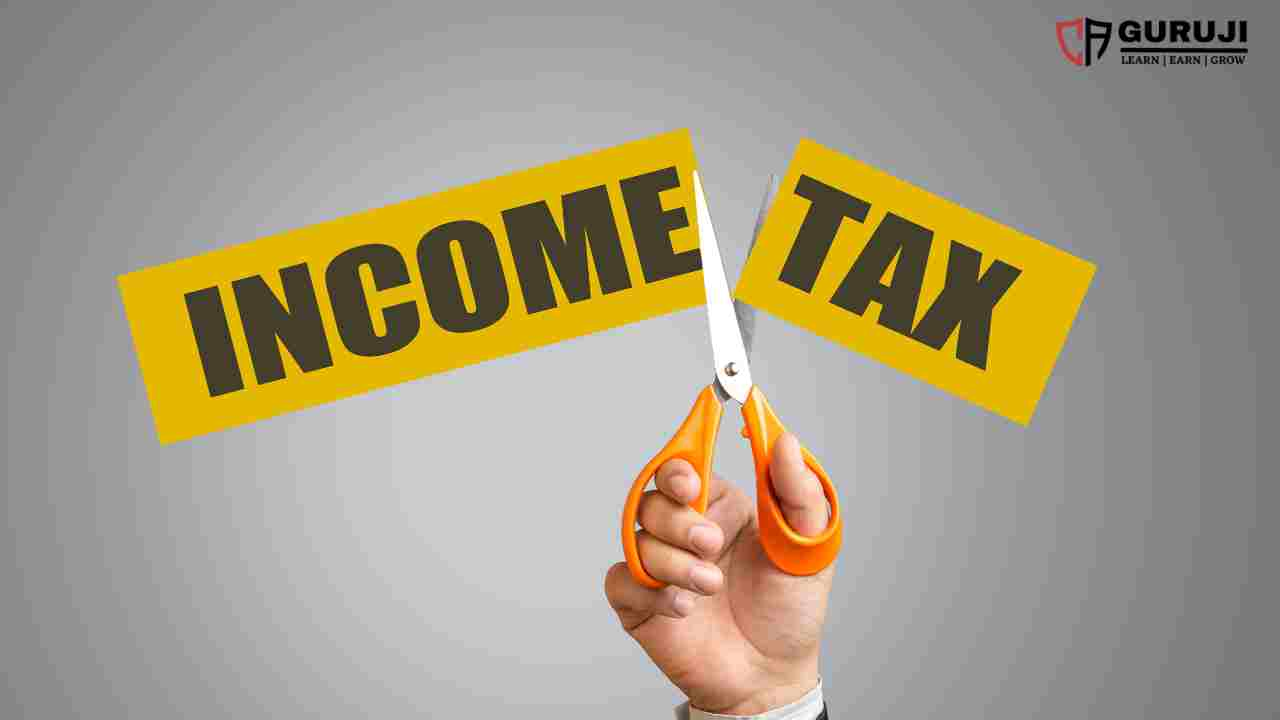

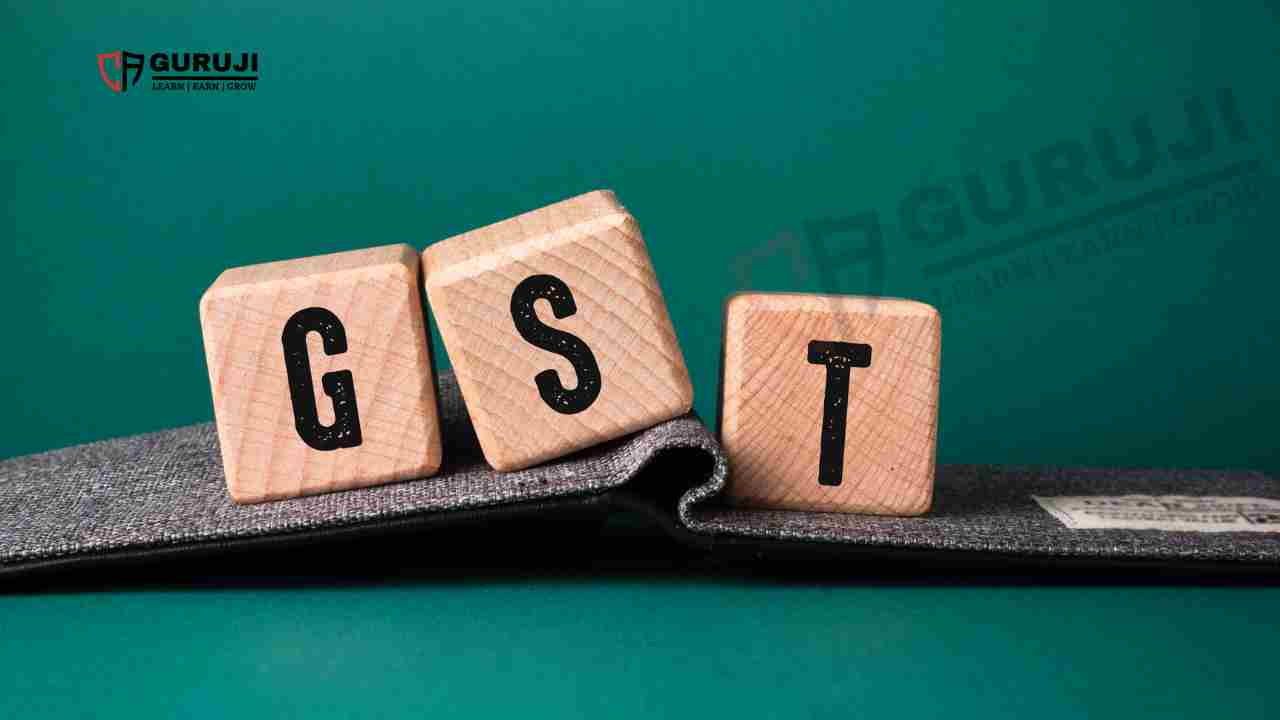

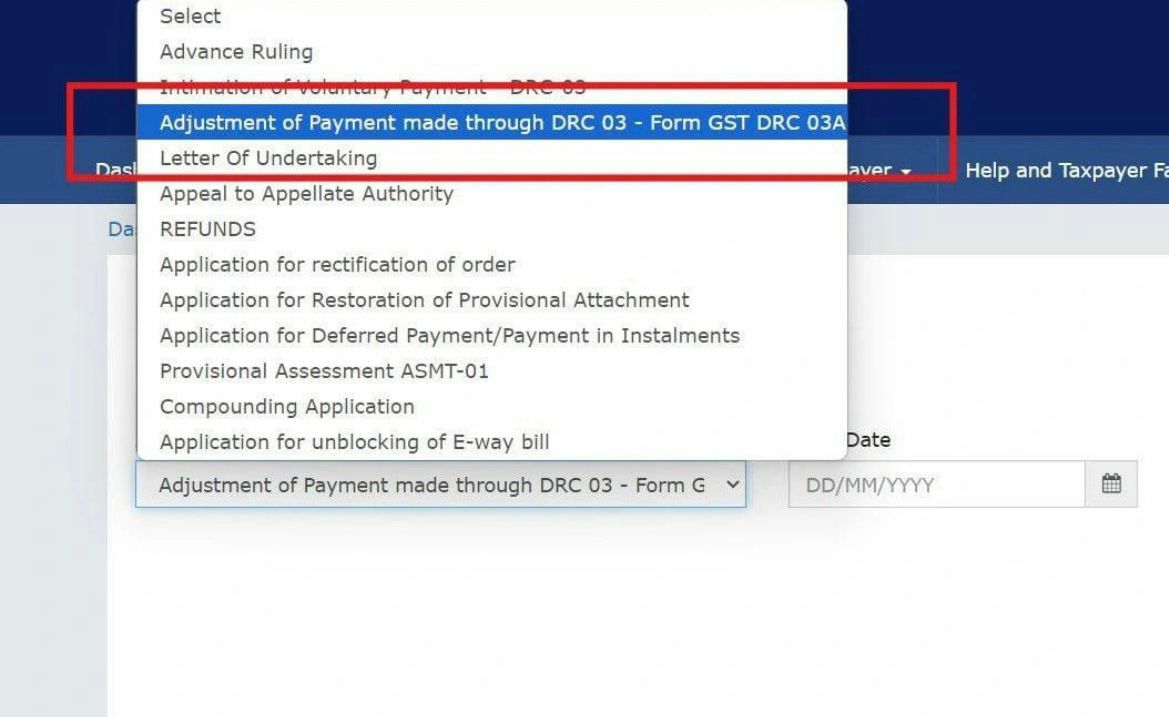
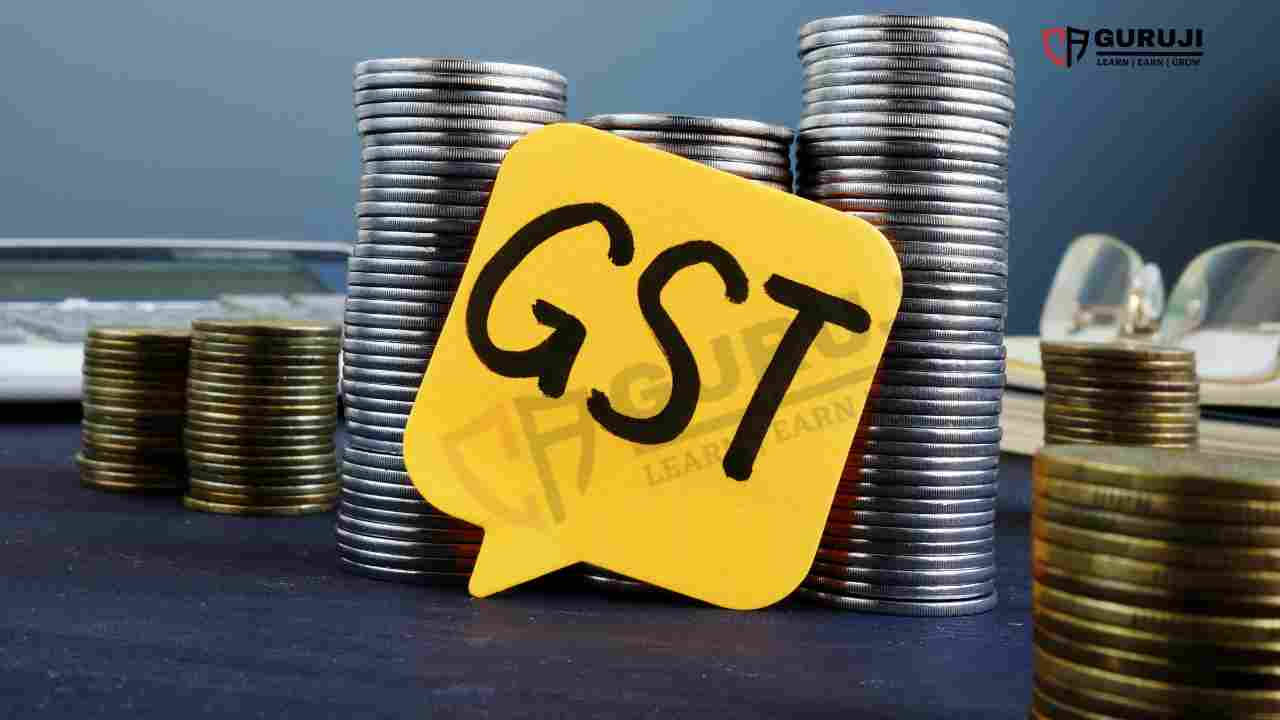
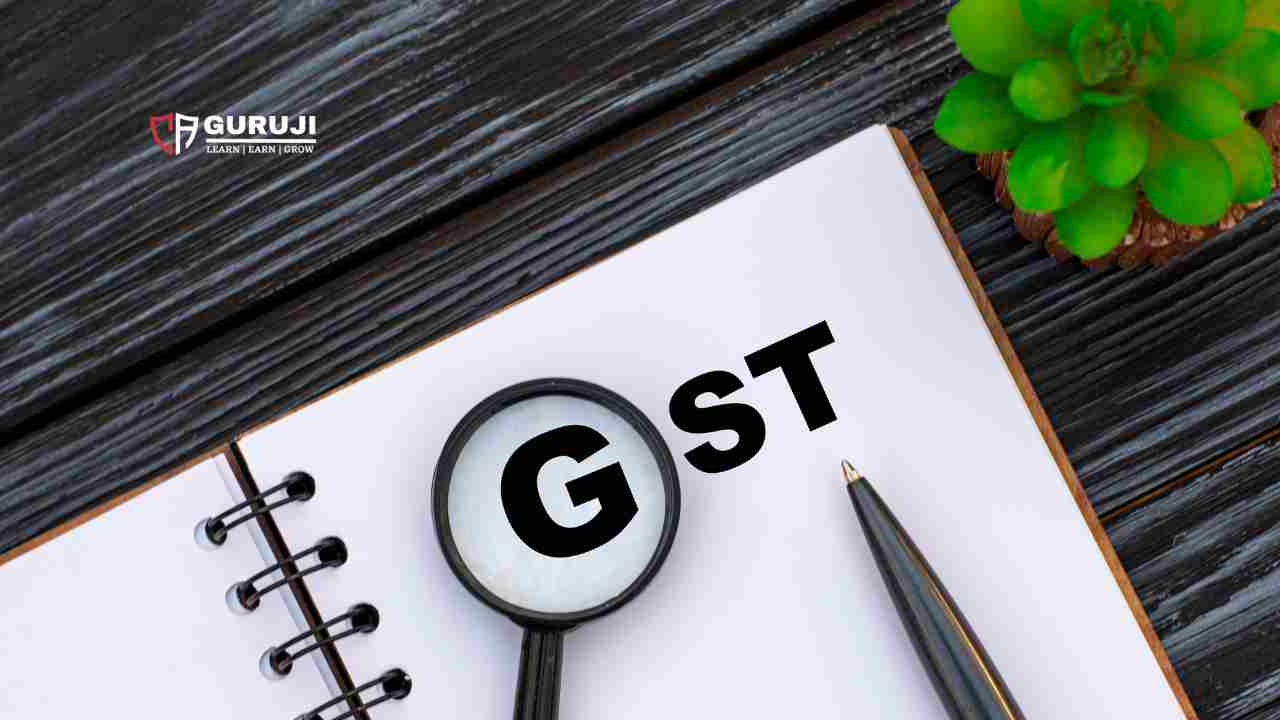
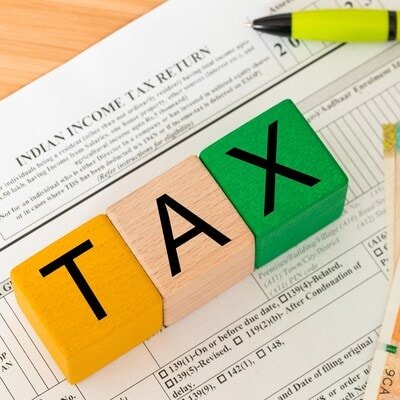
Whatever the deductions are admissible under the new income tax regime?
Nice description
Whether gift given to son is allowed as deduction under new tax regime of so how to show it in Itr 1
Nice Information